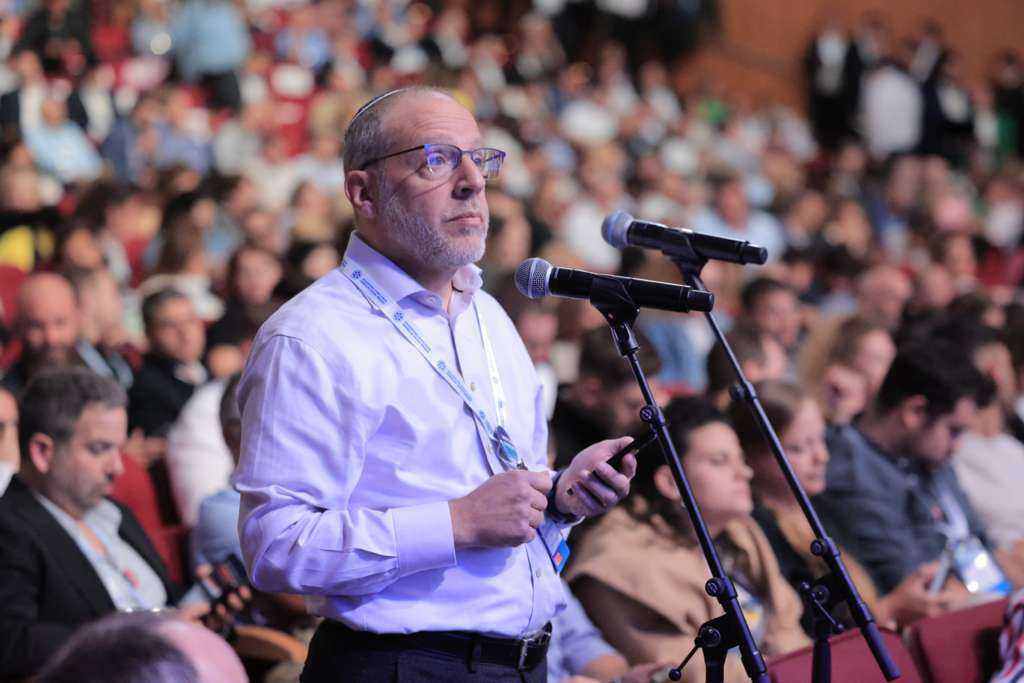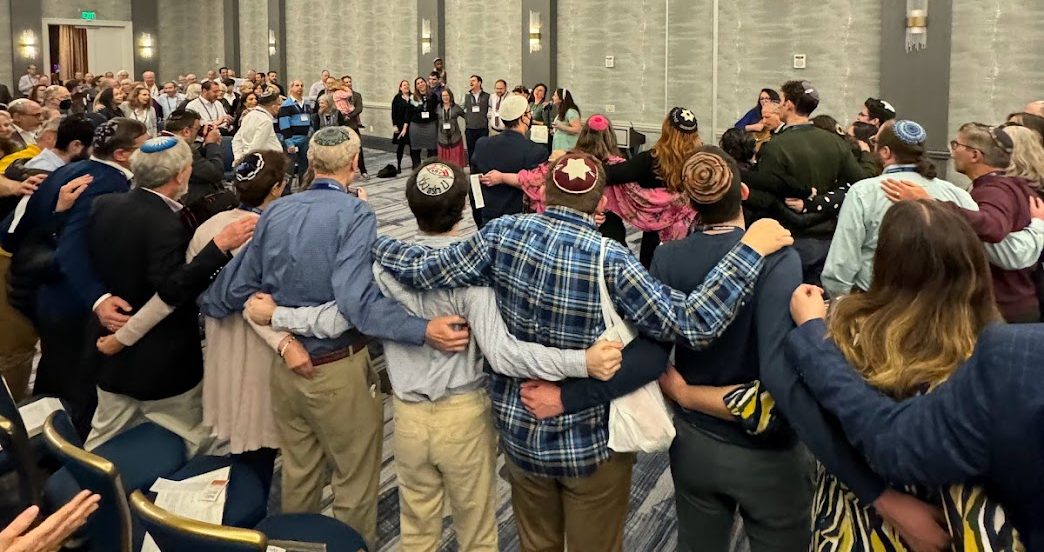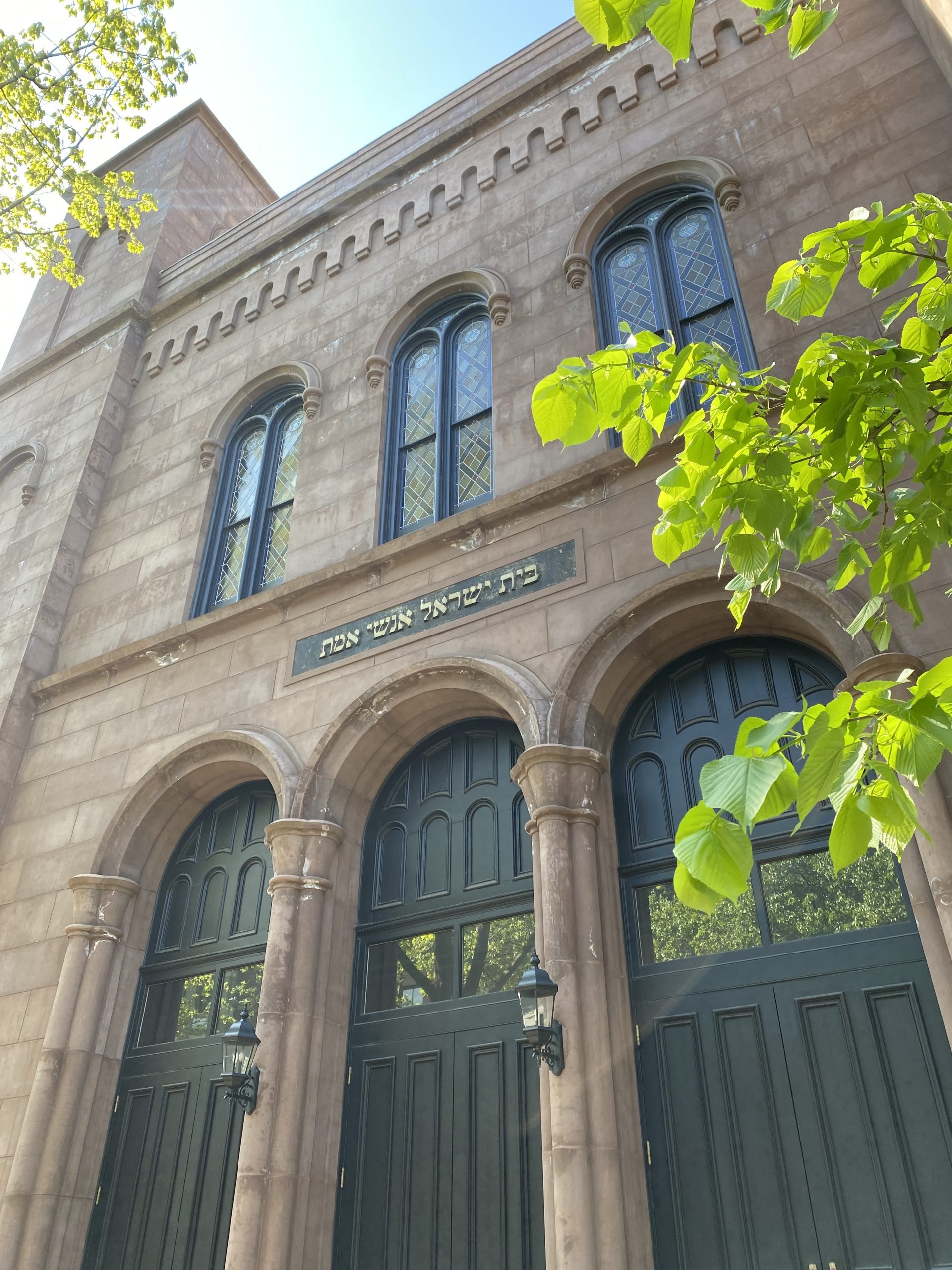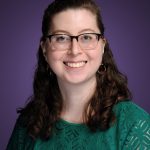Mindy: What issues are you most excited to tackle in your new position?
Keren: It is a privilege and an honor to join the USCJ team at a pivotal moment in time when change is in the air and there is increased understanding of the richness a more diverse and inclusive Jewish community brings. I am most excited about addressing the misperception that there is no place for interfaith couples and families in the Conservative movement. All Jews and their loved ones are key stakeholders in the vitality of this movement. Jewish intermarriage is a reality in the twenty-first century and I am highly motivated to help synagogue leaders embrace this opportunity to fully engage and serve interfaith couples and families in Conservative congregations everywhere.
Mindy: How can synagogue leaders most benefit from your experience/ expertise?
Keren: I have the expertise to open hearts and broaden minds to help synagogue leaders dispel fears and creatively combine change with tradition in ways that strengthen the global Jewish community. Synagogue leaders can most benefit from my experience by becoming partners in learning about the history of intermarriage, especially how the relationship between gender and religion impact its meaning and experience over time, and working with me to develop best practices for their congregations. In the past, a negative narrative about intermarriage fueled fears about a “continuity crisis.” I have often been asked if I am for intermarriage or against it. The answer is: neither, I am a witness to it. I have studied Jewish intermarriage for decades and have a deep knowledge of how it influences Jewish identity, family life, and communal involvement.
Mindy: What is the advantage of having an Interfaith Specialist on staff at an organization like USCJ?
Keren: I bring a wealth of knowledge about Jewish intermarriage into the Conservative movement. As a USCJ professional, I invite inquiries from all of our partner organizations so that we can maximize the potential for good. Anyone can ask me questions related to interfaith relationships (dating, prenuptial, postnuptial) and know that my answers are informed by solid independent research and many years of experience navigating interfaith issues in the Jewish community. In addition, people can trust that whatever they share with me will be held in the strictest of confidence. Interfaith work at USCJ began in earnest three years ago under the leadership of Rabbi Joshua Rabin, who also had many other responsibilities. I was hired to focus my energy solely on serving the Conservative movement by making engagement of interfaith couples and families an integral part of diversity, equity and inclusion efforts.









